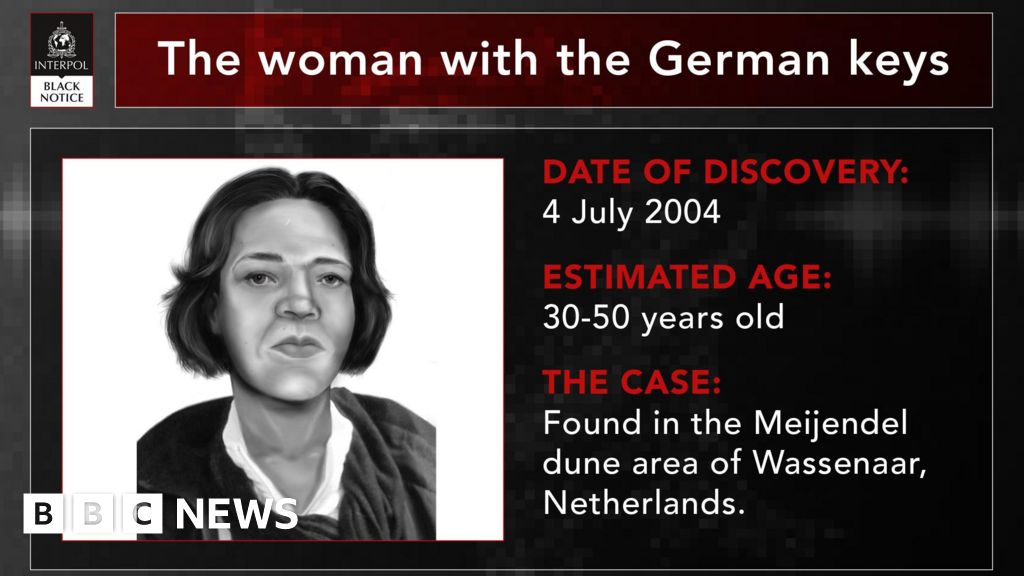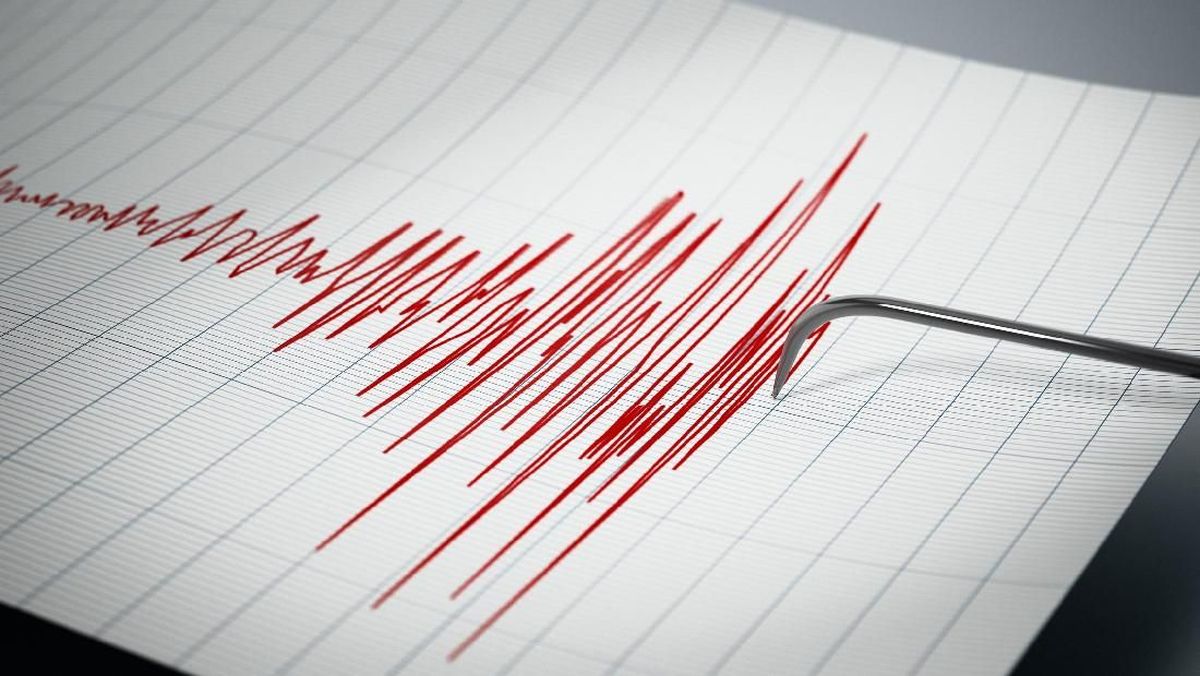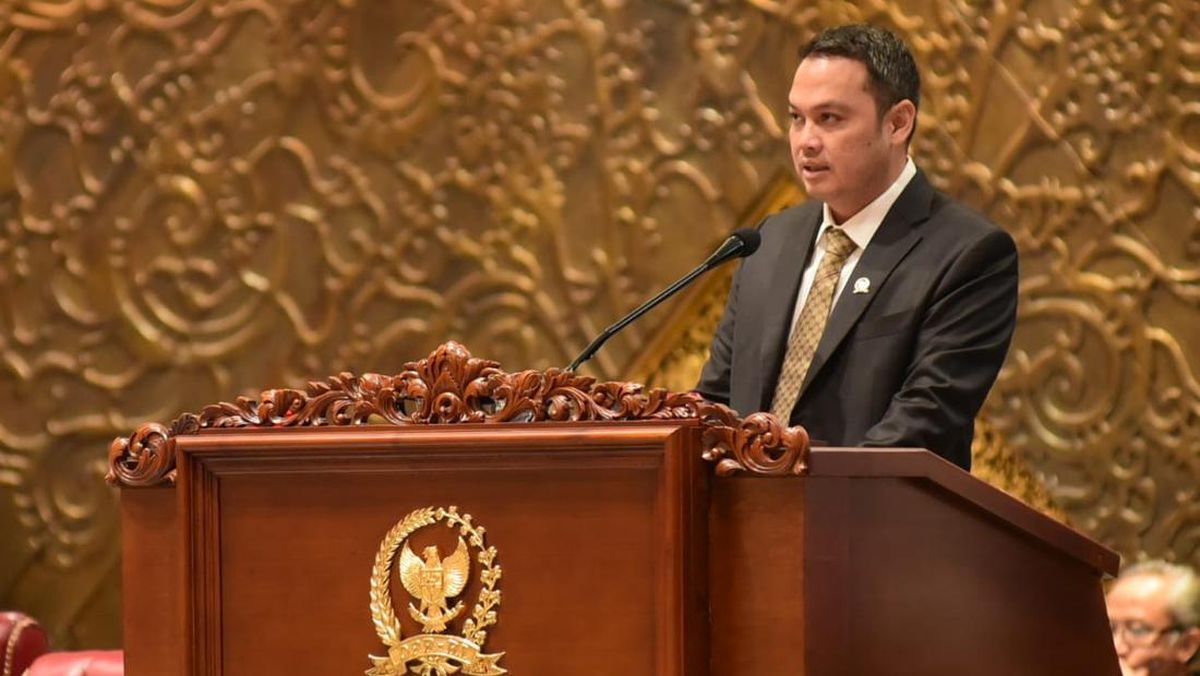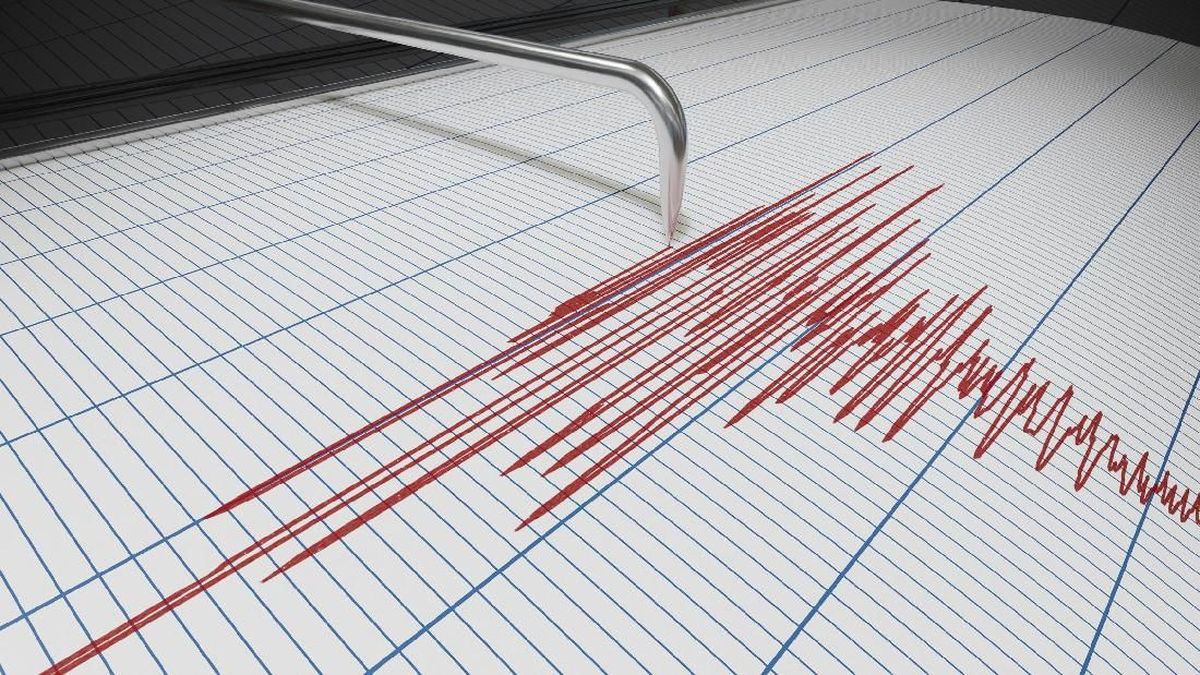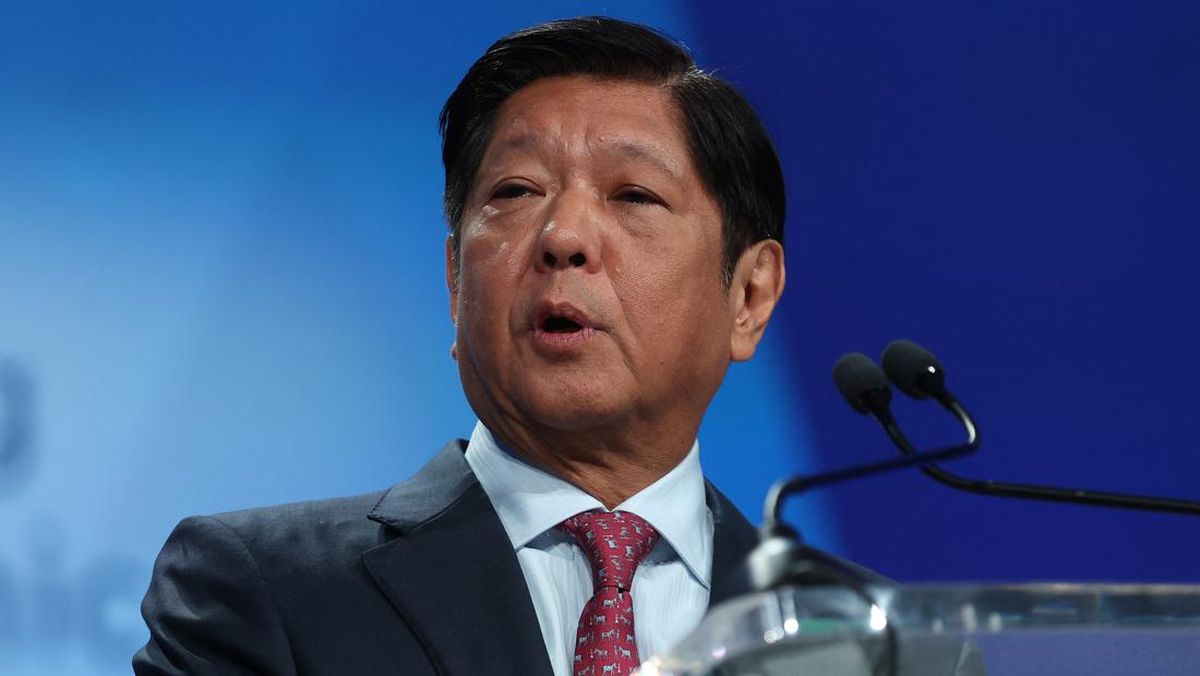Victorian taxpayers have clawed back tens of millions of dollars in bungled land tax bills after a surge in objections followed the state government’s controversial expansion of the levy.
Treasurer Jaclyn Symes says she expects the number of objections to stabilise as the State Revenue Office (SRO) and taxpayers adjust to the new settings, but property industry leaders maintain that errors in calculations remain widespread.

Treasurer Jaclyn Symes says the number of objections will stabilise.Credit: Joe Armao
New data reveals that more than $82 million in land tax bills was incorrectly charged by the government last financial year.
The bungled bills were issued to about 1500 taxpayers whose objections were upheld at least in part following the significant expansion of land tax thresholds at the start of 2024.
As part of a COVID debt repayment plan announced in the May 2023 budget, the government reduced the land tax threshold for investment properties from $300,000 to $50,000 and increased the tax rates.
The State Revenue Office’s latest annual review revealed there were 6500 objections last financial year. That figure includes a backlog of more than 1500 that are yet to be assessed, an increase of almost 40 per cent from the year before.
Symes said the significant changes to land tax legislation had led to a higher than usual number of first-time taxpayers.
“It is expected that moving forward, the number of objections will stabilise and abate as first-time taxpayers have entered their system, and their individual circumstances are known to the SRO,” she said.
Opposition finance spokeswoman Bridget Vallence said her office had been inundated with people distressed and shocked about their land tax bills.

Opposition finance spokeswoman Bridget Vallence.Credit: Paul Jeffers
“The government’s financial incompetence and budget blowouts have led to skyrocketing debt, and it shows how desperate they have become, making these huge land tax grabs,” she said.
“They have now been exposed for having incorrectly charged people to the tune of tens of millions, causing significant distress.
“It is potentially so much more because hundreds of objections still have not been assessed.”
The details of the billing refunds were revealed in answers to questions on notice put to Symes by Vallence, which also showed the bulk of the refunds – $57 million – came from a backlog of 487 objections recently cleared.
Symes said the $57 million represented “only 0.154 per cent of all taxation revenue”.
However, industry leaders say incorrect bills and government errors are a major concern.
Property Council chief executive Cath Evans said she was aware of landowners who had raised concerns over the accuracy of their land tax assessments, particularly since the expansion of the tax base in 2024.
“These concerns underscore the need for greater clarity, consistency and transparency in the way land tax is applied and administered,” she said.
“The Property Council continues to advocate for a more efficient taxation system. We urge government agencies to improve communication with taxpayers, ensure greater accuracy in valuations and assessments, and provide support for those navigating land tax obligations for the first time.”
Loading
When the levy increase was announced, it was criticised by property groups, which called it a tax on mum and dad investors and warned it would raise rents.
At the time, then-treasurer Tim Pallas said the average increase from the changes would be $1300 a year, about $3.50 a day, based on someone with landholdings with the value of $650,000. The government imposed the extra fees on the back of a decline in land transfer duty revenue in 2022-23.
A principal place of residence is exempt from land tax, but investment properties and holiday homes are subject to the measure.
Linda Allison, the Victorian chief executive of the Urban Development Institute of Australia, said her members had lodged land tax valuation objections on many projects across Melbourne.
She said errors in calculations, incorrect land included, incorrect assumptions, and high valuations for land not deemed developable were some of the issues raised.
“The very high land tax costs inevitably get passed on to the home buyer,” Allison said. “Land tax and other property taxes make homes more unaffordable at a time when government and industry should be working together to increase supply to improve affordability.”

Linda Allison, of the Urban Development Institute of Australia.Credit: Louis Trerise
A state government spokesperson said land tax assessments were based on information provided to the State Revenue Office from individual taxpayers.
“In instances where there is an error or omission in an assessment – particularly when taxpayers enter the system for the first time – a taxpayer is typically able to resolve the issue quickly online,” the spokesperson said.
The land tax changes were a core component of the government’s 10-year COVID debt repayment plan, which was announced in the May 2023 state budget. The plan was introduced to help pay down the state’s escalating net debt, forecast to climb to $187 billion by 2028.
Loading
In addition to lowering the land tax threshold, the plan introduces a payroll tax surcharge on businesses with payrolls above $10 million.
The land tax changes meant an estimated 380,000 additional landowners became liable from the start of 2024.
The Morning Edition newsletter is our guide to the day’s most important and interesting stories, analysis and insights. Sign up here.
Most Viewed in Politics
Loading







